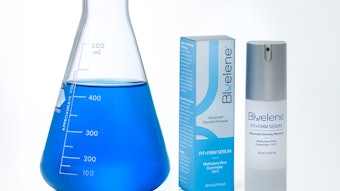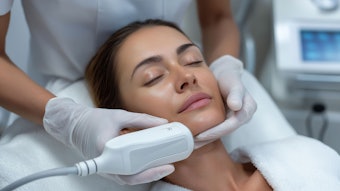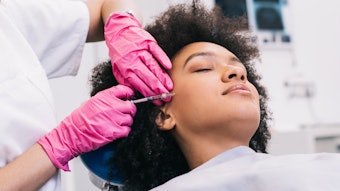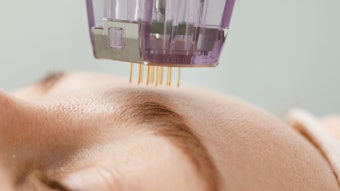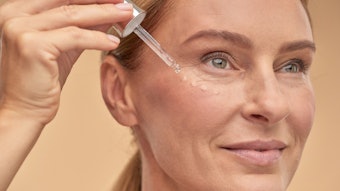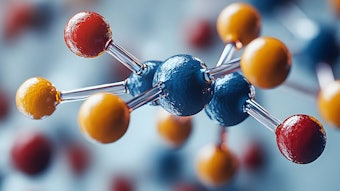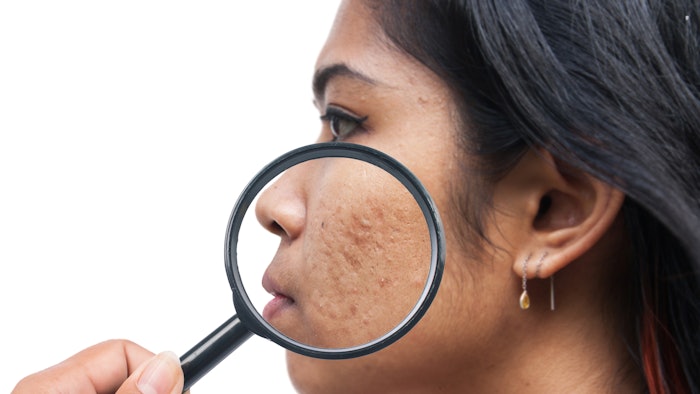
With Bisphenol A (BPA) being the most frequently observed endocrine-disrupting chemical that we are exposed to in daily life, researcher investigated whether BPA levels play a role in the development and severity of acne in adults.
The study, published in the Journal of Cosmetic Dermatology (August 2021), included 51 adults with acne and 50 healthy controls whose ages varied between 18 and 25 were evaluated. The patients filled out a questionnaire containing dietary and lifestyle habits for BPA exposure, and BPA and BPA glucuronides were analyzed in the LC-MS/MS system in patients' the first-morning urine samples.
Related: Extractions vs. Oral Doxycycline for Acne Vulgaris
Stasticial significance was set at p < 0.05. The median levels of total BPA were significantly higher in the acne group compared with the control group (7.94 (4.69-20.32) vs. 5.62 (1.52-21.05) µg/g creatinine, respectively; p = 0.04)). Researchers found a positive association between acne severity and BPA values (p = 0.00 rs = 0.534). There were high BPA levels in younger acne onset age, and when the inquiry questions were evaluated there was no difference between the study groups regarding BPA exposure risks (p > 0.05).
Related: [Acne] Niacinamide Enhances Efficacy of Benzoyl Peroxide
The authors concluded that BPA could impact acne development and severity, so it would be beneficial to prevent BPA exposure and raise awareness in the adolescence and post-adolescence period, since industrial products like junk food and plastic bottled water are used more frequently.
